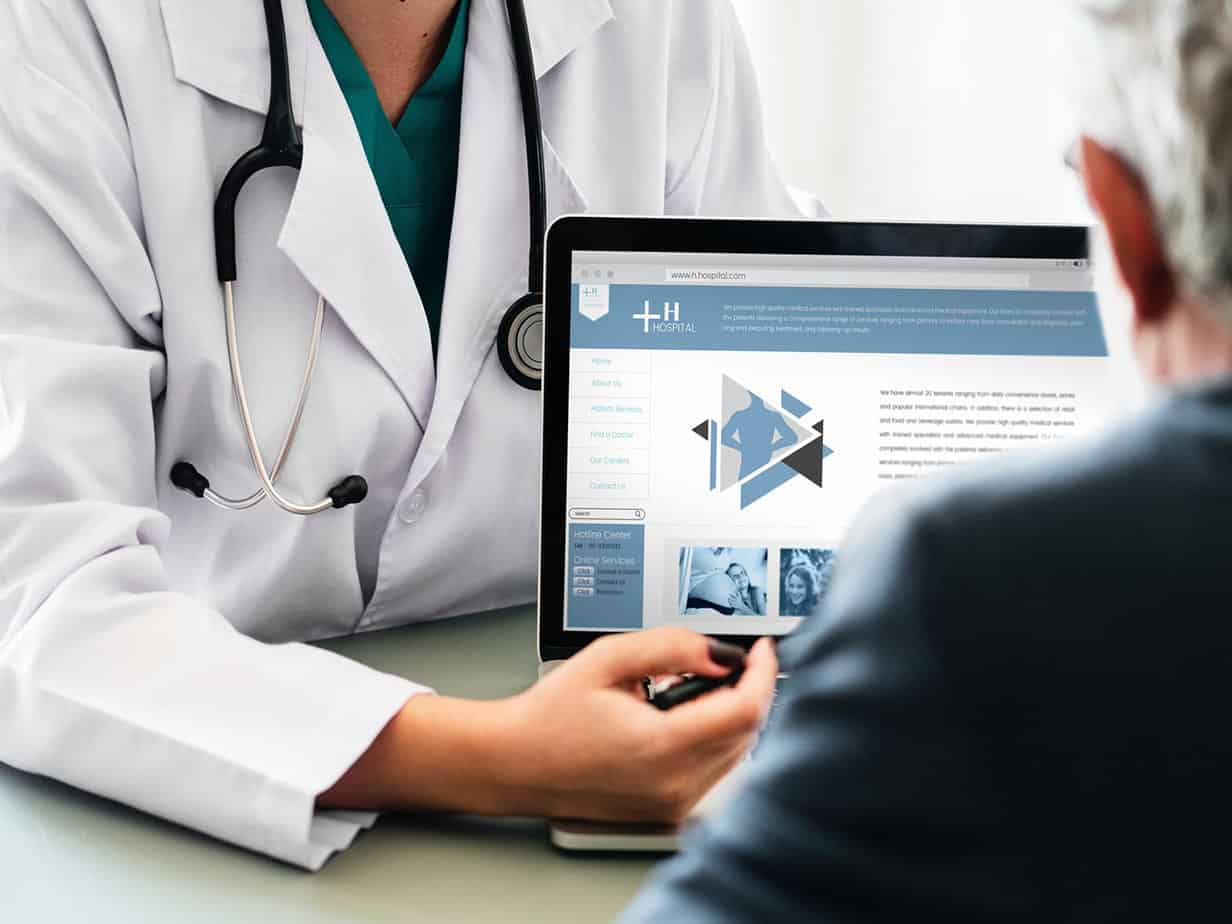
The health care industry is known for consistently making new strides in science and technology, but how much of that do patients feel they can make personal use of? New research by Quest Diagnostics found that, "A majority of adults don't know vital health information for them or their family members, but nearly all would like to be able to access their health information online." Luckily, among the new technologies in hospitals have have sprung up over the years, online patient portals are among them.
Shockingly few Americans commit their health information to memory. Quest Diagnostics found that 82% of American adults, or their family members, have had medical lab work done within the last year. Only about 33% of those consumers kept track of the lab work results. Quest says that American consumers are more likely to "remember their social media log-ins, current bank balances, Wi-Fi passwords and even the security code on the back of their credit card than they do important personal health data."
Potential Doctor Switchers are indeed fond of social media. According to AudienceSCAN, these consumers are active on Facebook (85.3%), YouTube (63.6%), Instagram (45.4%) and Twitter (39.4%). They're also 42% more likely than other adults to find advertisements on social media useful to them, and 26% even have gone to YouTube to watch TV commercials within the past six months. Also, 23.5% have taken action because of information they saw on social networks that weren't even ads! So, social media is the perfect place for doctors to score new patients with advertisements that tout their new technologies in hospitals, including online access portals.
How New Technologies in Hospitals can Help
"Labs are the lynchpin of health, with the majority of health care decisions being made on the results of lab tests," said Cathy Doherty, Senior Vice President, Clinical Franchise Solutions and Marketing at Quest Diagnostics. "With consumers increasingly engaged in their own and their loved ones' health care, it's critical that they 'know their numbers', and have those numbers readily accessible, to ensure productive communication with their health care provider for both routine and critical care."
Key health information that Americans don't know about themselves includes:
- Blood type: 43% of Americans don't know this information
- Cholesterol level: 62%
- Blood sugar level: 67%
Not only do too many Americans not know this important personal health information, 40% either don't have or don't know if they have access to an online patient portal that can give them the answers. Because of this, 20% had to tell their doctors that they didn't know the answers to the health questions they were being asked. This is why new technologies in hospitals are so vital for patients.
Doctors and other health care professionals can convince Potential Doctor Switchers to consider becoming patients through digital marketing. According to AudienceSCAN, last year, 53.9% of these consumers took action after receiving email ads and 45.9% reacted after either seeing an ad on their mobile smartphone apps or receiving a text ad. They're also 54% more likely than other adults to find advertising on their mobile apps useful and 15% more likely to click on text link ads on websites. Traditional media can be useful in ad campaigns as well. Last year, 65.4% of this audience took action after seeing a TV commercial and 61.1% were driven to action by direct mail ads.
AudienceSCAN data is available for your applications and dashboards through the SalesFuel API. Media companies and agencies can access AudienceSCAN data through the AudienceSCAN Reports in AdMall.
